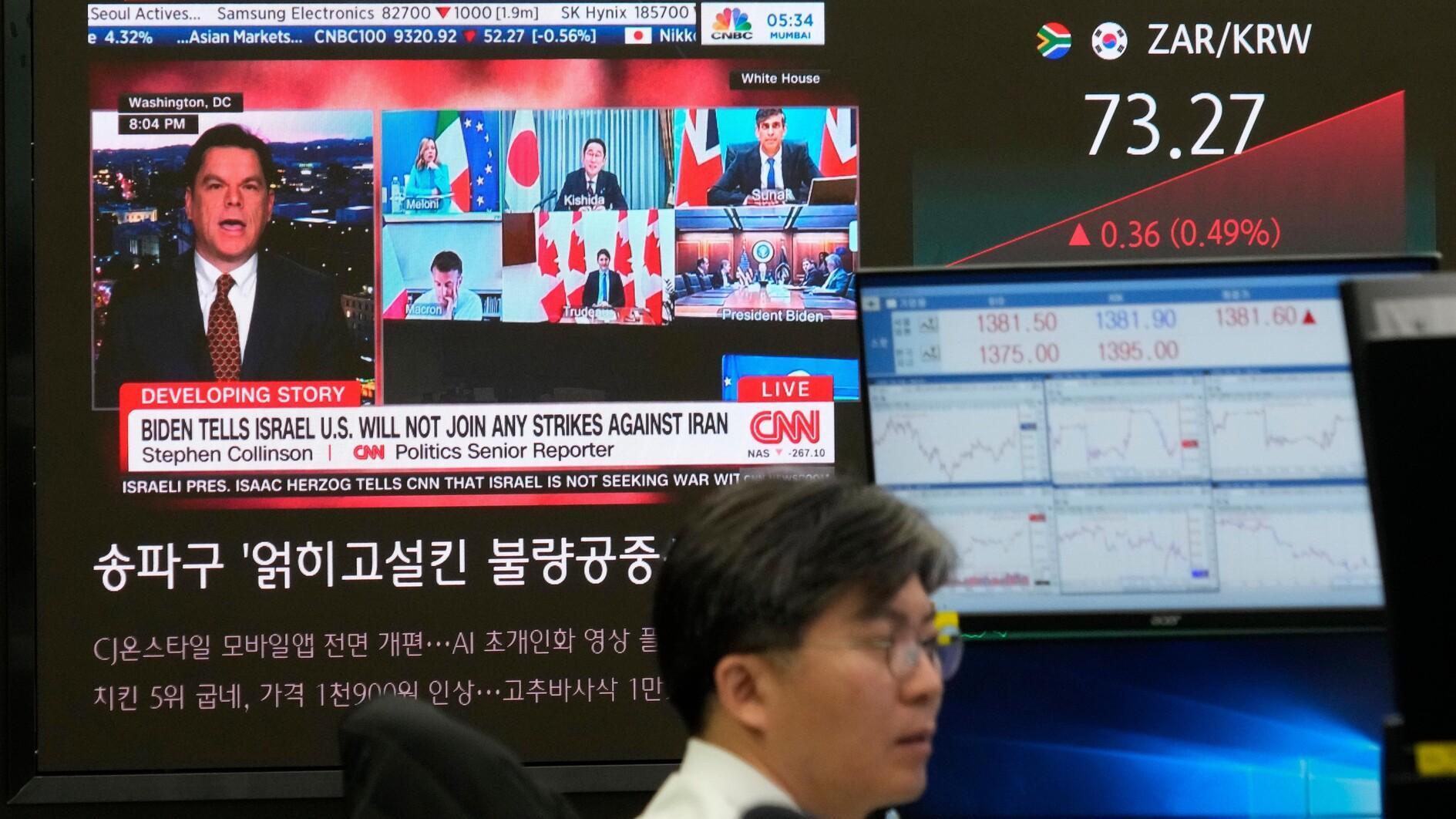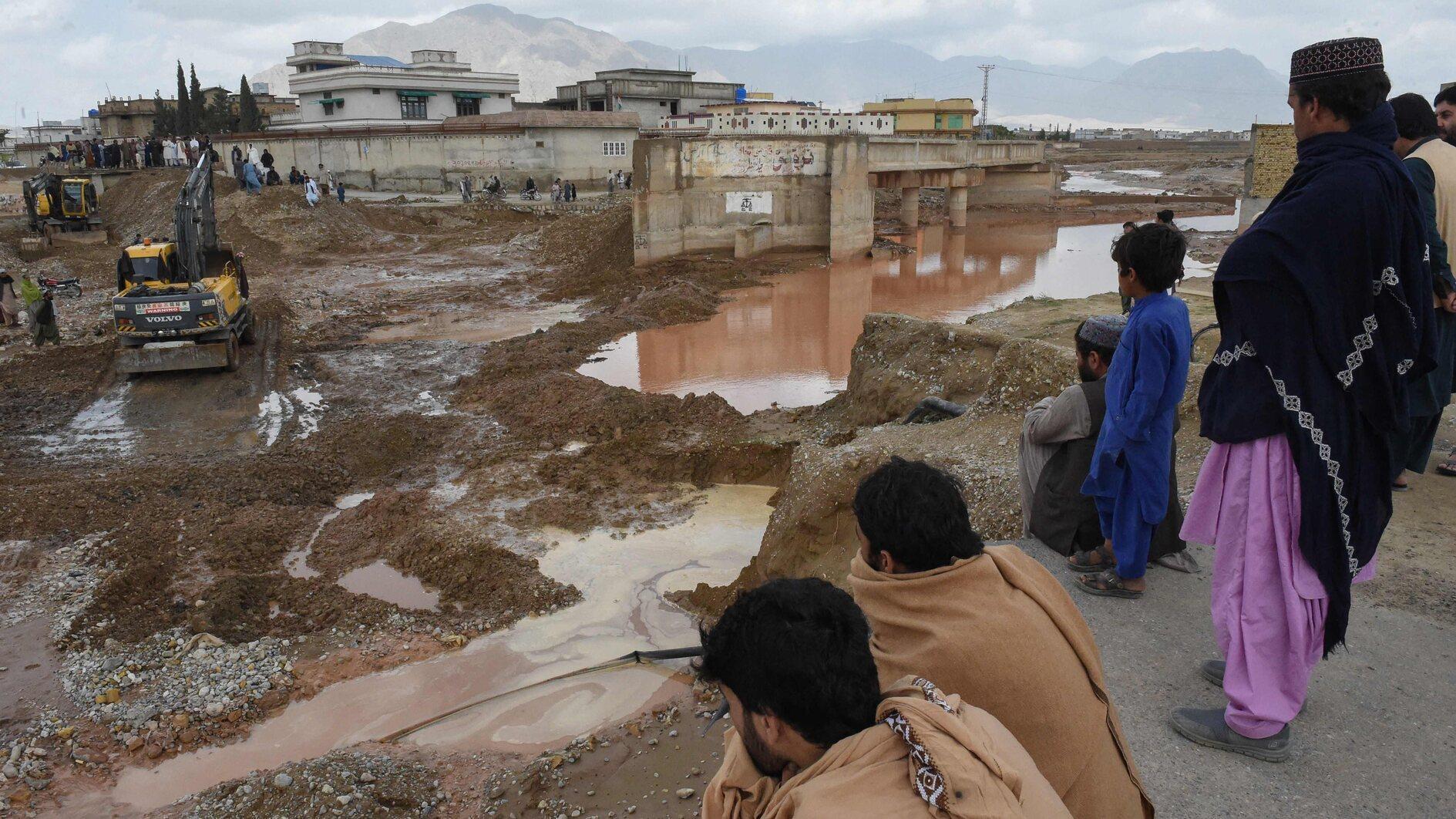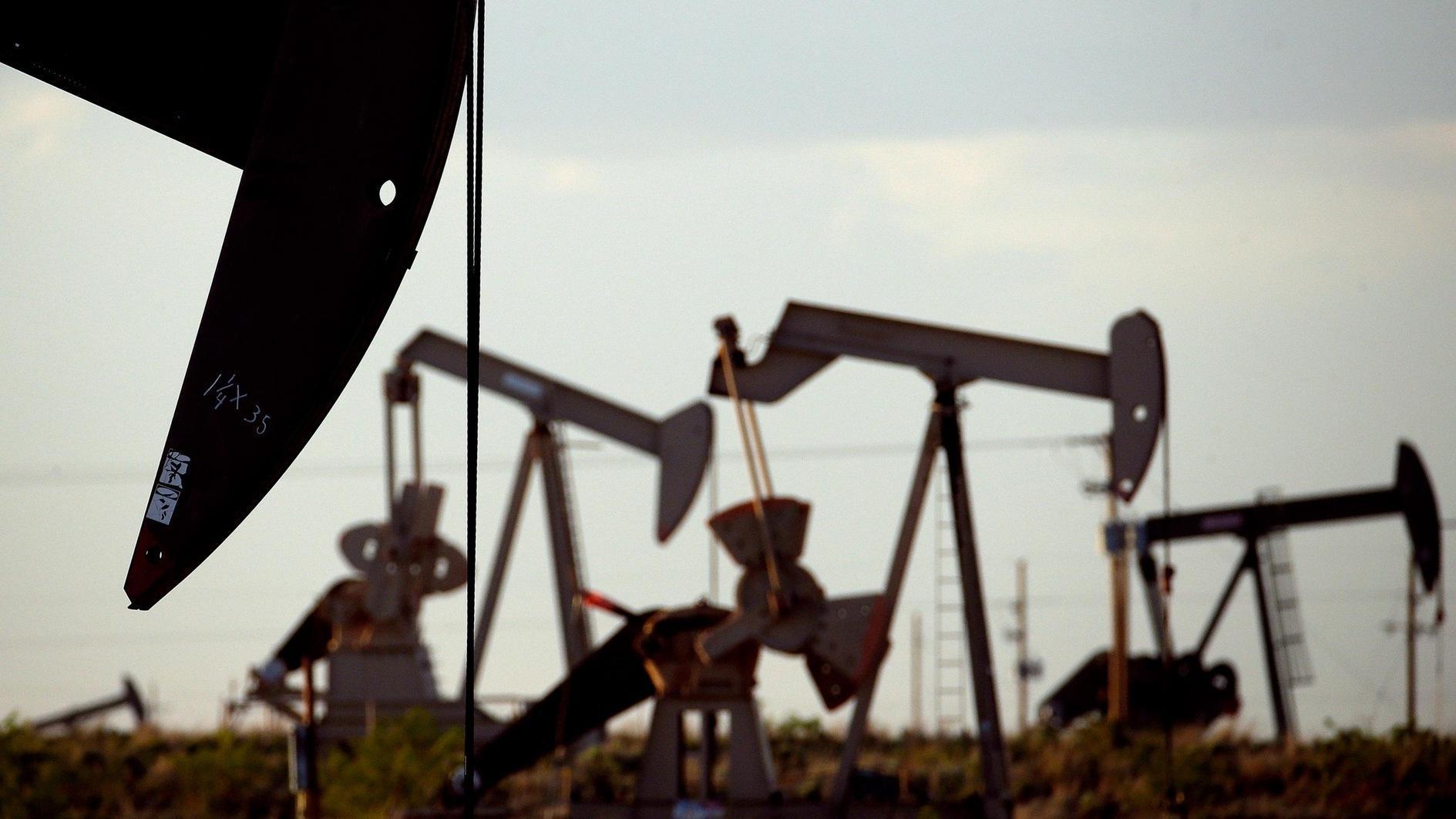Trump’s Jerusalem move escalates polarization
There is no need to delay moving the U.S. embassy, now that President Donald Trump has officially recognized Jerusalem as the capital of Israel. Indeed, construction and moving works will take some time anyway. It is better to start early.
But Trump’s recognition, which has shaken world politics, has already become yet another source of friction and polarization on the global level.
Should the world be surprised, given that the move was one of Trump’s election promises? Is it a coincidence that Trump reiterated his Jerusalem vow on the same day as he fulfilled a major pledge to reduce corporate taxes in the Senate on Dec. 2? No, it is not. But all U.S. presidents from the mid-1990s onwards have promised to recognize Jerusalem, and all of them have postponed implementation due to domestic security concerns. It is likely that previous presidents feared a terrorist backlash.
It is unclear whether Trump made the decision believing that no additional threat to U.S. domestic security would be incurred. Or perhaps he simply wanted to show off to the world that he can do whatever he likes, including fulfilling Israeli demands at the expense of alienating the entire Islamic world.
Jerusalem, or al-Quds in Arabic, means “the Holy one,” and is considered a sacred city in Islam. Indeed, Jerusalem is considered holy by all three monotheistic, Abrahamic religions: Judaism, Christianity and Islam. Jerusalem’s “Mescid al-Aqsa” or “Ultimate Mosque” was the first “qibla,” the point Muslims face while praying before Qaba in Mecca.
That is why even King Salman bin Abdulaziz of Saudi Arabia, the number one ally of the Trump administration in the Arab world and the closest ally of Israel against Iran, has objected to the decision and asked for a revision. Mahmud Abbas, the head of the divided Palestinian state, said such a move would be “the end of everything,” while Iranian President Hassan Rouhani threatened the U.S. and said Tehran would “not tolerate” the Jerusalem move.
Turkish President Tayyip Erdoğan has called for the Organization of Islamic Cooperation (OIC) to hold an emergency meeting in Istanbul on Dec. 13 to discuss the situation. Earlier he had said Jerusalem is a “red line for Muslims.”
Yesterday, on Dec. 6 in Ankara, while hosting King Abdullah of Jordan, Erdoğan said the implementation of such a move would cause indignation and warned it “could trigger new clashes.” King Abdullah, meanwhile, said the status of Jerusalem was “key to stability and peace” in the region.
That is why it is not only the leaders of Muslim majority countries who have urged Trump against the move. Others, such as Pope Francis, have also said he should reconsider the move, openly criticizing the U.S. and asking for the current status of Jerusalem to be maintained. Emmanuel Macron, as the president of a country with millions of Muslims as citizens, also said he was deeply concerned by Trump’s move, while German Foreign Minister Sigmar Gabriel said the “unilateral U.S. recognition of Jerusalem as Israel’s capital would inflame Middle East tensions.”
China has taken a similar stance, while Russian President Vladimir Putin has called Palestinian leader Abbas to say he should be ready to resume talks with Israel on issues including the status of Israel. Indeed, Moscow’s stance on Israel and Palestine has changed a lot since the fall of the Soviet Union.
A number of countries may follow the U.S.’s lead in recognizing Jerusalem as the capital of Israel, moving their embassies from Tel Aviv. What is clear is that Trump’s vow has already caused a new source of polarization on a global scale. The consequences are potentially very dangerous.











